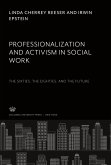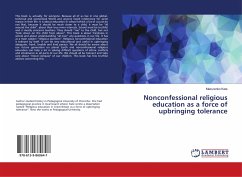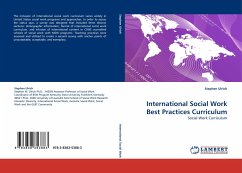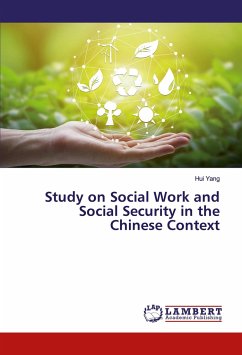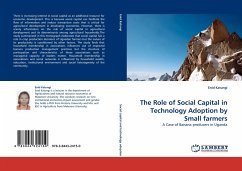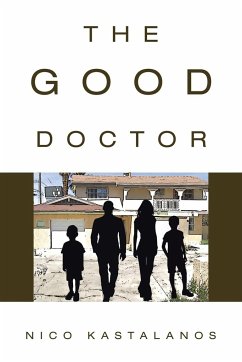This qualitative, retrospective study builds a conceptual model of the adaptation of church-related ministry of women religious to developing professional social work practice during the period 1857 - 1962. The case under exploration is that of the New York Province of the Religious of Our Lady of Charity of the Good Shepherd of Angers (known as the Good Shepherd Sisters). The Sisters built, financed, managed, and staffed charitable institutions that served tens of thousands of marginalized women and adolescent females. This social history of these Sisters and their work, including their contributions to child welfare, is set in the sociopolitical context of the one hundred and five years from their start in New York City, ending just prior to Vatican II. Primary sources consist of four unpublished social work masters' theses written by Sisters between 1936 and 1962, letters, unpublished papers, conference papers, and books, from the archives of the New York Province. Using the principles of grounded theory, the researcher identifies and analyzes themes emerging from these sources reflecting modifications to their ministry consistent with changing standards in social work practice.
Bitte wählen Sie Ihr Anliegen aus.
Rechnungen
Retourenschein anfordern
Bestellstatus
Storno


